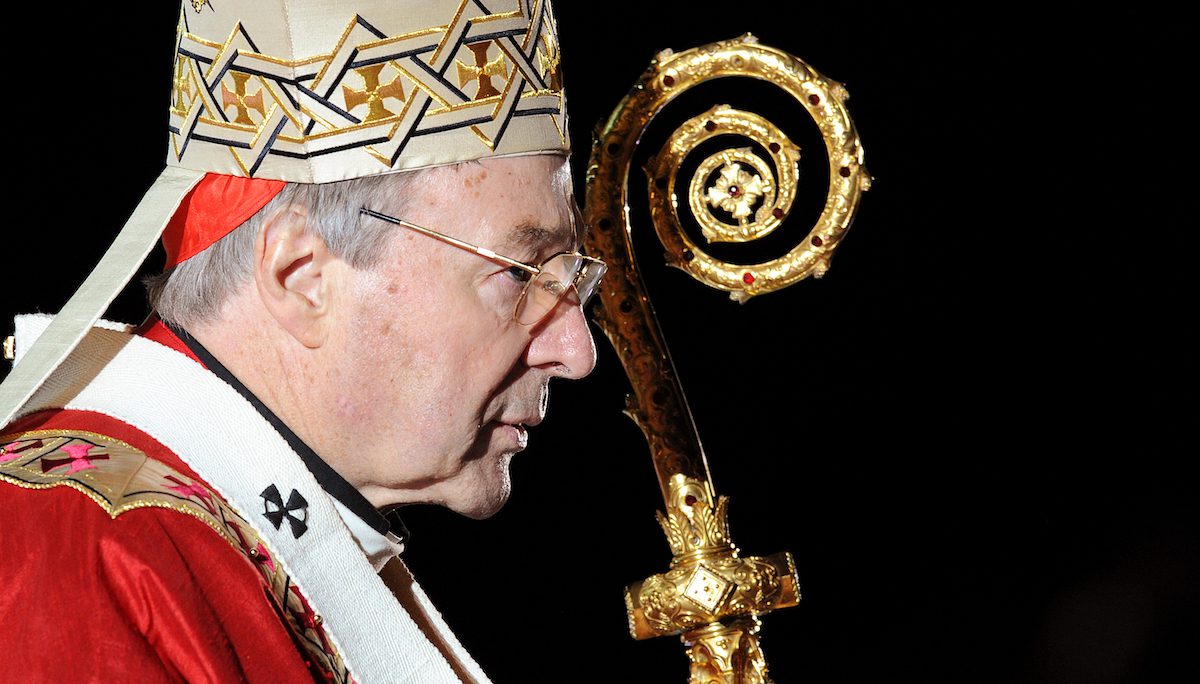
Midwits: The True Enemies of Counter-Revolution
The Midwit Meme claims that the uneducated and the very educated are natural allies. The real problem is found with those towards the centre of the spectrum, the slightly educated lot.

The Midwit Meme claims that the uneducated and the very educated are natural allies. The real problem is found with those towards the centre of the spectrum, the slightly educated lot.

Why do people accept to be bound by the results of a democratic election, or by the state and its laws, or by the limitations embodied within a public office?

Few Western countries have avoided the strange fall from ordered freedom to anarcho-tyranny.

The integralism of post-liberal Catholics risks reducing to an abstractionist exercise what is known by experience and cultural induction, thereby perpetuating the age of ideological squabbles which they ought to be repudiating in entirety.

The Albanian Democratic Party seeks to preserve our nation, the family, our cultural traditions, and religious diversity.

Anti-terrorism preventative unit faces backlash after ludicrous categorization of Christian and conservative classics.

Burke failed the test of his era’s truly conservative, and therefore, truly radical, struggle: saving and updating the commons as locus of virtuous sociability and preservation of identity.

In what turned out to be his last public homily, delivered three days before he died, Cardinal Pell referred to the “heritage of Wojtyla and Ratzinger.” In addition to being courageous teachers of the Catholic faith, they were, Pell said, also “Europeans, examples of men with profound knowledge of the high culture of the Western world.”

Christians, whatever their religious divisions, should work together to undermine and ultimately destroy the liberal and progressivist supremacy that dominates the West, recognising that it marks a settlement incompatible with even a basic Biblical worldview.

The letter’s vision of universality tries to argue for the nation as an important element of a universal moral and ethical vision, but by skipping over the nation entirely when it describes the common good rising from families to the international realm, it reveals its bias against it.
To submit a pitch for consideration:
submissions@
For subscription inquiries:
subscriptions@